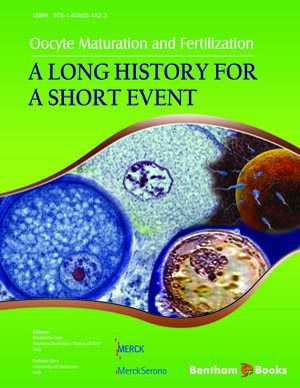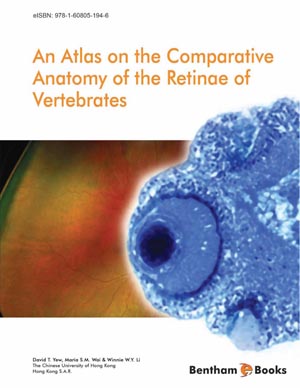Abstract
During oocyte maturation, nuclear maturation i.e. the condensation of chromosomes and formation of the meiotic apparatus is generally considered as the most significant physiological process. However, disruption of the contact between granulosa cells and the oocyte leads to spontaneous nuclear maturation of oocytes which, however, have poor or nil developmental competence after fertilisation. Acquisition of cytoplasmic competence, i.e., the ability to sustain early development of embryos with high developmental potential, is the result of concomitant synergic actions of gonadotrophins and growth factors. The transforming growth factor beta superfamiliy, the epidermal growth factor network, insulin growth factors and growth hormone together with Leukaemia inhibiting factor are partners in the mechanism of acquisition of developmental competence in oocytes. These interactions allow the (quantitatively and qualitatively) correct storage of mRNAs and proteins necessary for the early embryonic divisions prior to genomic activation. However, the quality of the endogenous pool of metabolic intermediates such as (sulphur) amino acids is a mandatory prerequisite for oocyte activation, sperm decondensation and further on early embryo divisions. A correct timing of translation of the mRNAs stored during oocyte maturation is mandatory for the successful passage of the maternal to zygotic transition, usually considered as the critical step in early embryonic developmental arrest.












